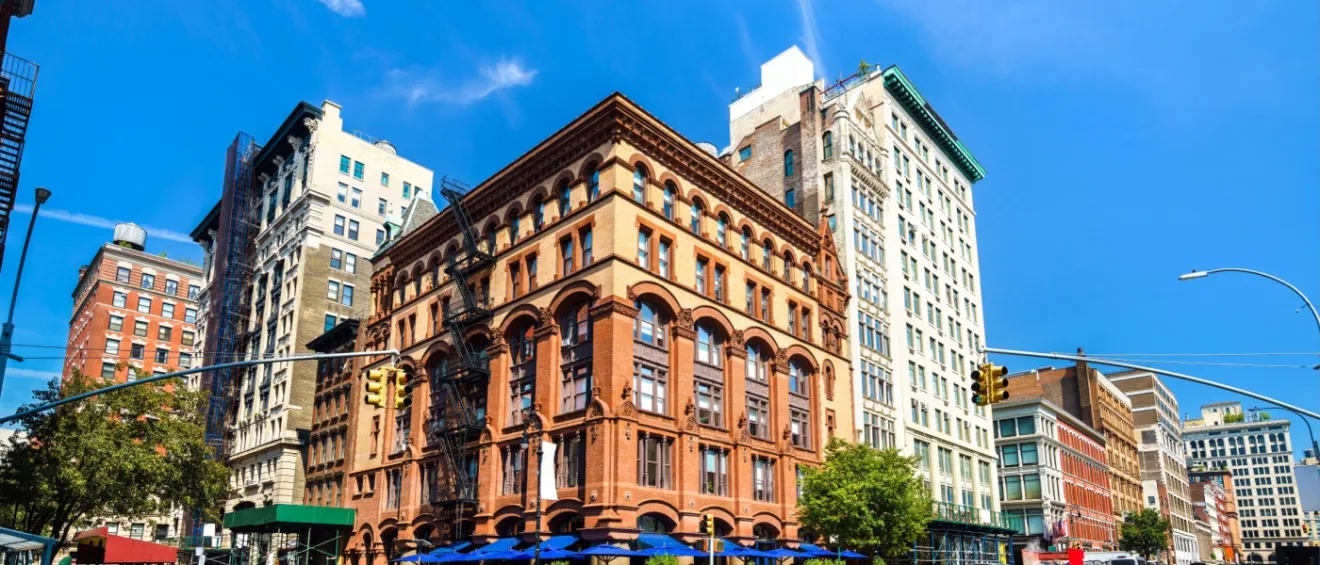Self Storage Insurance — What It Is, Why You Need It, and Where to Get It
Share this article:
Getting insurance for the belongings in your self storage unit is not only smart, but it’s usually mandatory — most self storage facilities require that you have an insurance policy when you rent a unit. Self storage insurance protects your belongings while they’re in the storage unit. Although storage facilities usually provide excellent protection for your stored items, unexpected events, such as theft or fire, can occur, and this is why getting insurance is important.
What does self storage insurance cover?
Standard self storage insurance policies protect the policyholder against a variety of risks including explosions, fire, smoke, lightning, vandalism and theft. However, most policies don’t cover floods, mudslides or earthquakes. If you’re living in an area where such natural disasters occur frequently, you should consider getting additional insurance that can protect you in case of these events.
In some cases, your existing homeowner’s or renter’s insurance policy might cover the belongings in your storage unit — but the coverage is usually lower than for the items stored at home. For example, if your homeowner’s insurance provides $30K in coverage on the contents in your home, it might only provide $3,000 for belongings stored in a unit. You need to decide whether that’s enough coverage for your stuff and, if not, get a separate policy for your storage unit.
Most items that can be legally placed in self storage are covered by insurance. One exception is vehicles such as cars, boats or RVs: usually, standard self storage insurance does not offer proper coverage for them. If you’re planning to put a vehicle in storage, contact your auto insurance company to discuss your options. Since you’re not driving your car while it is in storage, you could switch to parked car insurance, or comprehensive-only coverage as it’s generally known in the industry. That can save you money while also ensuring that you have proper coverage for your vehicle while in storage.
Another important consideration relates to the actual value of your belongings and whether they are properly covered by a standard self storage insurance policy. If you are planning to store items that are very expensive (including artwork, jewelry, antiques, or collectibles), you should have them appraised by a specialist and get additional insurance that covers their actual value prior to putting them in your storage unit.

Why do you need self storage insurance?
Aside from the fact that most self storage facilities will require you to purchase insurance, it’s highly recommended anyway. Storage facilities take important steps to ensure the safety of your belongings, but that doesn’t mean things will always go according to plan. Unexpected events such as water damage from a leaky roof or burst pipes, fire and smoke damage, or infestations by various pests (rodents, insects) can seriously damage or even completely destroy your belongings — not to mention the chances, however unlikely, of theft. Proper coverage through an insurance policy is the only way to protect against such incidents.
Where to get your self storage insurance
You have several choices when it comes to purchasing a self storage insurance policy. Most storage facilities offer policies that renters can purchase. Ask about the details when renting your storage unit. Also, don’t forget to check your homeowner’s or renter’s insurance policy — there might be a clause that offers coverage for belongings stored outside the home.
Of course, if you’re not happy with the insurance options provided by the storage facility, or with the coverage from your homeowner’s or renter’s policy, you can shop around and find an insurance provider that suits your needs. It’s important to choose a company that is reputable, reliable, and has good feedback from customers.
What else you can do to ensure your belongings are safe while in storage
On top of purchasing proper coverage for your belongings in self storage, there are other ways to ensure that your stuff is well protected:
- Ask the storage facility about its security measures, including security cameras, and whether the facility is fully fenced and gated.
- Make sure that your belongings are thoroughly cleaned and packed properly before putting them in the storage unit.
- Never use a storage unit for items such as food or chemical substances. On one hand, storing such items is not allowed by most storage facilities. On the other hand, food can attract rodents and other pests, while chemicals can evaporate or spill and cause damage to your belongings.
- Protect your belongings from humidity-related damages by raising them on pallets inside the unit, and by allowing a few inches of ventilation space near the walls.
- Drop by your unit at least once a month to inspect your belongings and confirm that everything is fine.
Share this article:
Maria Gatea is a real estate and lifestyle editor for Yardi with a background in Journalism and Communication. After covering business and finance-related topics as a freelance writer for 15 years, she is now focusing on researching and writing about the real estate industry. You may contact Maria via email.
The Ready Renter has your back
Tips, news, and research curated for renters, straight to your inbox.




Related posts
Subscribe to
The Ready Renter newsletter






